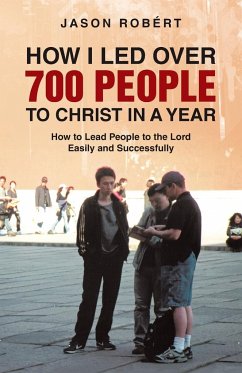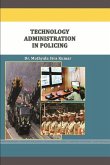Intelligence work is often considered as the "world's second oldest profession" (Davies & Gustafson, 2013, p. 9). Yet it was only in the latter half of the twentieth century that police agencies realised the effectiveness of intelligence in crime control and order maintenance. Consequently, intelligence concepts used in the military were adopted by the police. In the new scheme, intelligence work mainly revolved around supporting reactive investigations (Grieve, 2009; Reiner, 2010; Weston & Wells, 1970). Although intelligence's contribution to efficient policing was recognised to some extent by policymakers and police administrators, intelligence work was surrounded by mistrust and suspicion due to its misuse by those in authority infringing on the civil rights of individuals, particularly in privacy (D. L. Carter, 2005). Furthermore, closing the growing distance between the police and public preceded relying on intelligence in crime control in both policing policy and scholarship,1 though in a real sense information acquired through community outreach officers and coordinators formed community intelligence that steered the decision-making process, especially in operational policing








